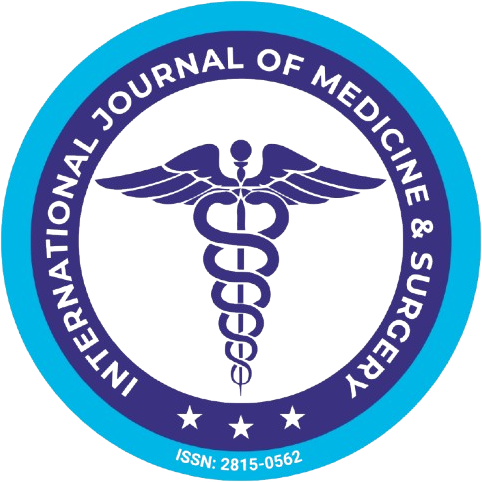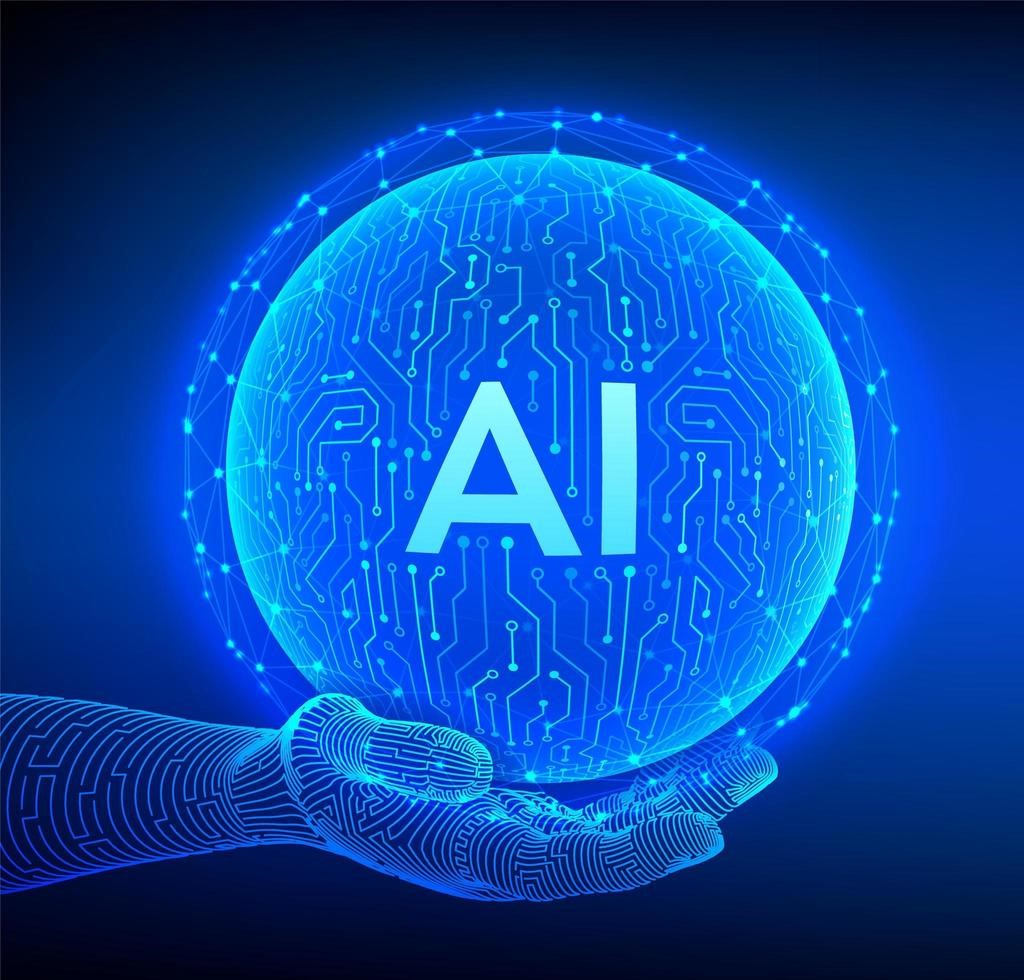INTEGRATION OF ARTIFICIAL INTELLIGENCE IN COMPUTER-AIDED DRUG DESIGN: ADVANCING DRUG DISCOVERY AND DEVELOPMENT PROCESSES
ARTICLE HISTORY: Oct 22, 2024; Revision: Nov 21, 2024; Acceptance: Dec 28, 2024; DOI INFO: https://doi.org/10.56815/ijmsci.v4i2.2024.15-27
Keywords:
AIDD,CADD, Molecular Models, Spatial Symmetry Preserving Networks, Hybrid De Novo Designs, Data Sharing, Model DevelopmentAbstract
Artificial intelligence (AI) is also called computer-aided drug discovery (CADD). The initial development of AI in pharmaceutical discoveries has arisen from the applications of AI in Medicinal chemistry. The basic areas where AI is much involved are: (1) quantitative structure activity relationship, (2) structure based modeling, (3) de novo molecular design, and (4) predictions of chemical synthesis. The widespread adoption of AI, particularly in deep learning, is driven by advancements across various scientific disciplines, improvements in computing hardware and software, and other contributing factors. Advanced methodologies like message-interlinking models, spatial-symmetry-preserving networks, hybrid de novo designs, and other innovative machine learning techniques provide effective solutions to complex problems. The sharing of data and the advancement of models are crucial in exploitation of Artificial Intelligence for drug discovery and development. At present, The AI methods are synonyms for molecular modeling methods. So, it appears that the AIDD (Artificial Intelligence based Drug Discovery) offers the methods to discover a drug are totally dependent on molecular techniques. The advancement of data-intensive biomedical research tools and technologies, including DNA sequencing, imaging, and tools designed to track and record a patient's health information, has driven the need for developers to incorporate Artificial Intelligence. Artificial Intelligence offers a broad spectrum of statistical methods to process and analyze the large range of data generated by these assays. Moreover, these technologies have uncovered tremendous differences among individuals at genetic, biochemical, physiological, exposure, and communicative levels, particularly proportionate to disease progression and treatment response.As found the benefits of AI in drug development, AI can be used in assistance of gene therapy, which are currently not available as tools in healthcare. With AI, the possibilities of combining pharmacology and gene therapy would provide satisfactory results.In this review, we will provide an introduction to potential uses of AI within the drug designing and development process, in particular compared to conventional methods for carrying out these tasks and highlighting the pros and cons of AI. We will also focus on the early stages of discovery of new drug compounds and preclinical drug development.










 IJMSCI is a Peer-Reviewed Journal and valid as per New UGC Gazette regulations
IJMSCI is a Peer-Reviewed Journal and valid as per New UGC Gazette regulations








